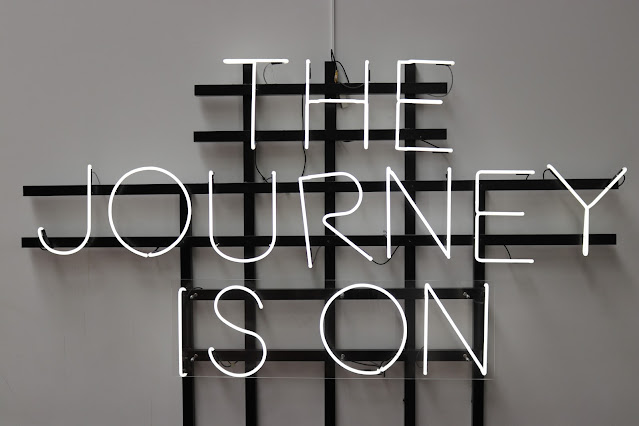When Positive Culture Becomes Toxic Dump
Honestly, I don't think some of us know what Positive Culture is even if it smacked us right between the eyes. Positive Culture isn't about only seeing and saying positive things. Positive Culture is about prioritizing well-being by cultivating mutual respect, trust, and empathy in our interactions and relationships with each other while providing support to those who are struggling.
Positive Culture isn't about being positive. It is about building an environment where we interact with transparency while exercising humility and humanity. No mutually respecting, trusting, and empathic relationship can be built on hiding our perspectives and feelings, denials of problems, fake smiles, and meaningless praises. Yet, I see it happen particularly in workspaces. When I ask why, the common answer I get is because they don't want to be negative.
 |
| Photo by Collab Media on Unsplash |
I ponder... Isn't it because lying is much easier than putting in the work to find what is causing the problem; constructively discussing the problem, causations, and adverse impacts; and supporting by working to overcome challenges and obstacles? It is much easier to smile and hide behind the curtain of Positive Culture.
Empathy is a word that gets tossed around and severely misunderstood. Empathy isn't about accepting bad or harmful behaviors and actions. Empathy is understanding, having sensitivity to, and even vicariously experiencing the feelings of others. It is about seeing it from the other person's perspective and being mindful of that perspective along with our own in conversations and interactions. Empathy in a Positive Culture is about acknowledgment and inclusion of all differing perspectives and feelings, not just one or some.
Positive Culture cannot exist when we don't hold people accountable. If we don't tell people that their words and actions are causing harm to themselves or those around them, then how will they know? They don't know... Isn't that why they continue to be harmful? When did allowing harm become a positive attribute?
What is harm at work besides obvious words and actions that are damaging? How is someone's lack of skills harmful to others? Why is it toxic when a person doesn't do their work and their work is consistently completed by another person with entirely different responsibilities? A simple example is a person who doesn't understand the workflow or even tasks assigned to them. So, they do it incorrectly, often requiring it to be done again or by someone else, and the task is late. That causes a delay in the workflow and the work product is delivered to the customer late.
When that person's lack of skill isn't addressed and thus being late to the customers becomes the norm rather than an exception, customers leave. Eventually, the business becomes financially unsustainable. Have you ever worked for a company during multiple rounds of workforce reduction? I certainly wouldn't call that positive either in culture and experience.
Since the management doesn't want to be negative, they look at the problem and burden other employees in the workflow rather than explore why that person is struggling, discuss the issue with them, plan training sessions tailored to that person, set realistic goals and provide support through the process with encouragement. With their lack of management, they have disengaged and further frustrated employees whom they decided to burden with Positive Culture as an excuse. And, the people who are frustrated and bitter about doing someone else's work? They are considered negative when they express it is unfair for them to continue to do someone else's work. How dare they express negative perspectives and feelings! In true Positive Culture, actions are explored to see if it is a reaction to a provocation so issues aren't just bandaged with a singular point. In Positive Culture, problems are holistically approached to resolve the causation and not the reaction.
We don't need to call the person lacking the skills to do their work stupid or incompetent. A good manager will hold themselves accountable at the beginning with "I didn't realize that you may not have been trained" or "not given adequate training." How about "we would like to invest our resources to support you" and "let's do this together" to let them know that they are not doing it alone? And, spending the time to check in, follow up after their training sessions, and assure them you want them to succeed. Not just "let me show you how" when that doesn't work.
Providing resources, actionable support, and encouragement when faced with challenges, obstacles, and problems is what makes a Culture Positive. When you ignore and refuse to see things as they are... Pretend everything is rainbows and unicorns... You don't have a Positive Culture. You actually have a toxic dump of problems.





Comments
Post a Comment